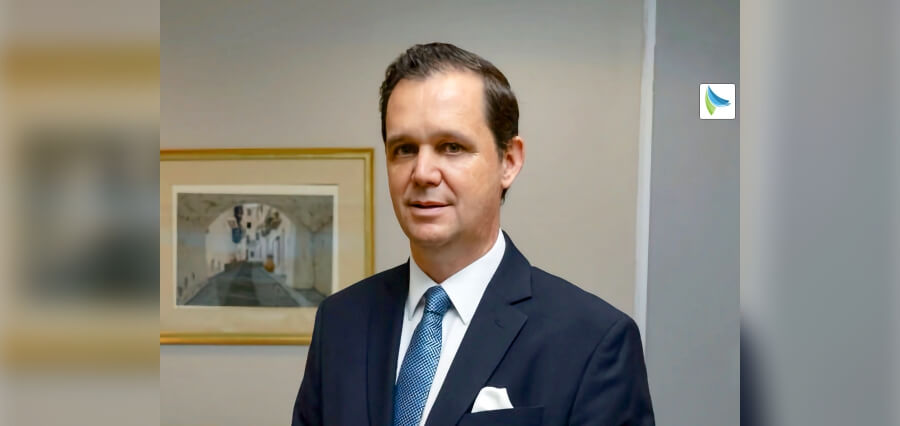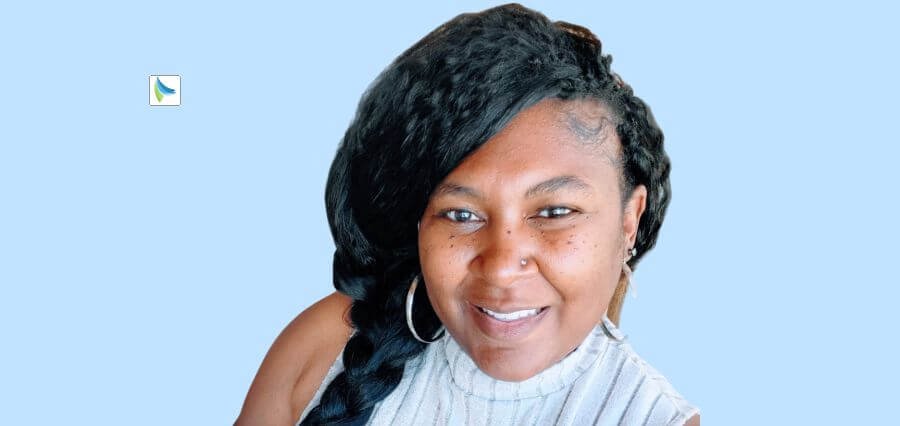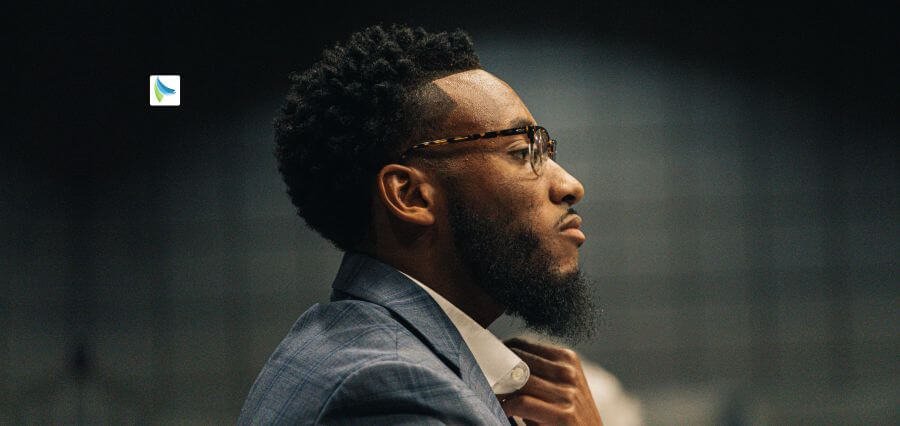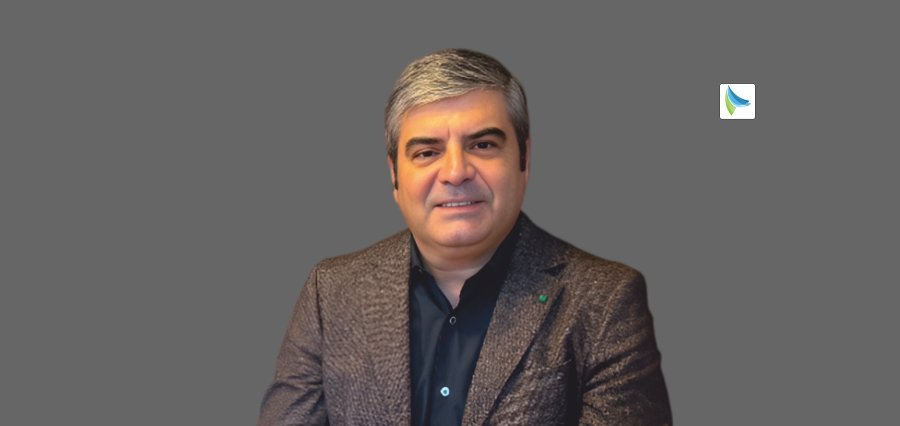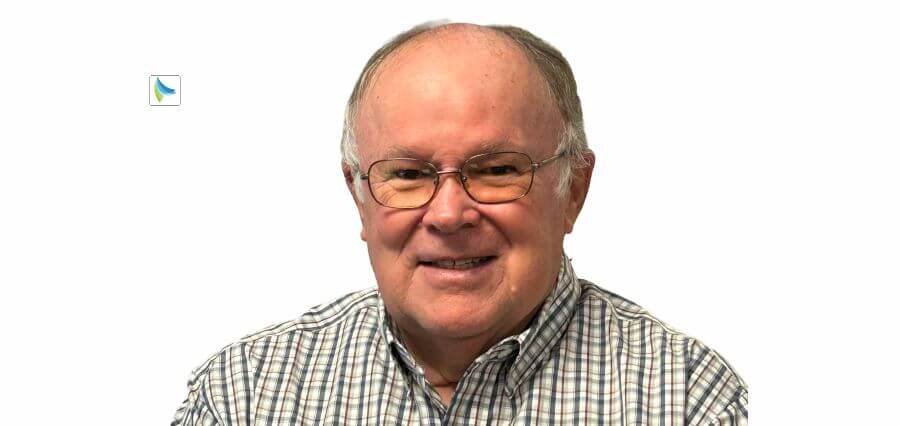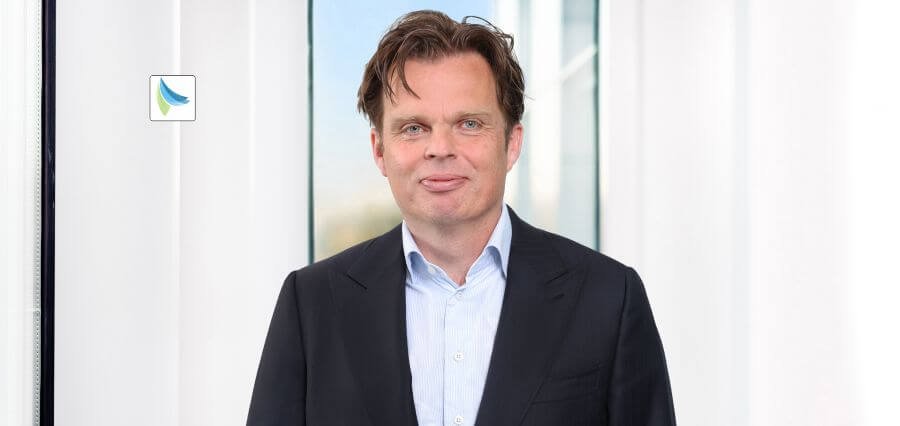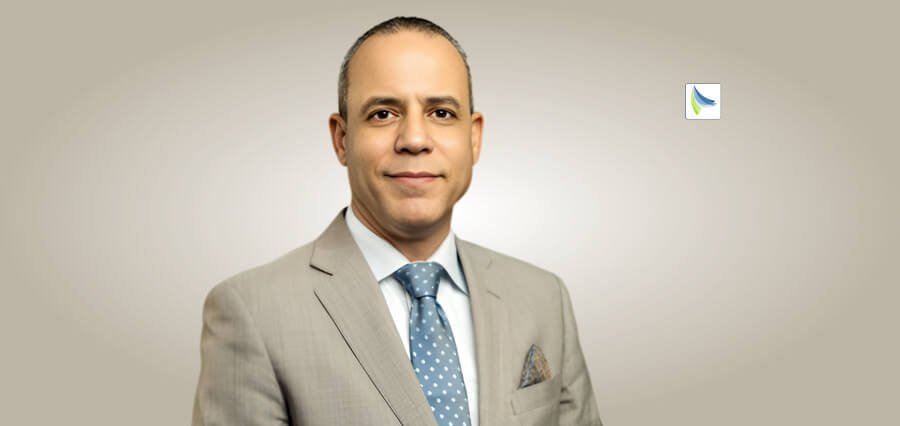Every challenge contains an inherent opportunity within itself. Only a strategic visionary leader like Pablo H. Plá can seize the opportunity to shape a future that benefits everyone.
According to Pablo, the leadership required for the future is one that combines intellectual rigor with deep human understanding. “It’s about having the vision to see what’s coming, the courage to act decisively, and the humility to build a team that is resilient, adaptable, and united by a clear and compelling purpose. That is the challenge, and the opportunity, that lies before us,” he states.
How does he achieve it? The answer lies in his story—
—A Journey Shaped with Discipline and Service
Pablo’s illustrious career, far from being a simple progression through companies, has been a lifelong exploration of what he terms “strategic redirection”—the art and science of transforming an organization’s trajectory. His foundational experiences were forged outside the traditional corporate world, instilling in him critical lessons in structure, discipline, and human motivation under extreme pressure. His time in the Argentine Army provided his first immersion into organizational design and command.
Even more profoundly, his volunteer work as a Patrol Leader for the American Red Cross in New York City, responding to emergencies in challenging urban environments, taught him “the power of a shared purpose to mobilize teams in chaotic environments.” He learned that “true leadership begins with a deep sense of service and commitment to your people.”
Honing the Strategic Edge
The second pillar of Pablo’s journey was built in the world’s best corporate proving grounds, where he meticulously honed his strategic toolkit. At Coca-Cola, he gained invaluable insights into brand building and agility, notably leading the launch of the Quatro brand in a mere 100 days—a testament to focused team achievement.
Later, at Cervecería Quilmes (AmbevInbev), he navigated a “critical strategic moment” as global competitors simultaneously entered the Argentine market. This experience became “a masterclass in defensive strategy, competitive positioning, and navigating the turbulent ‘red oceans’ of established industries.”
Mastering the Art of Transformation
These experiences culminated in the third and defining pillar of his career: mastering the craft of transformation as a CEO. Over the past two decades, Pablo H. Plá has spearheaded five major strategic redirections at multinational companies, including General Mills, Ingredion, and most recently, San Miguel Global. These endeavors were never simply about improving performance; they aimed at fundamentally changing the core of the business to ensure its long-term survival and prosperity. These practical experiences are continuously refined through his academic work and teaching strategy at premier institutions. This dual role of practitioner and professor creates a powerful feedback loop, solidifying his philosophy: “Strategy is not just something you think about; it’s something you do.”
Steering Through Crisis: The Ingredion Turnaround
Leading a turnaround is one of the greatest tests of leadership, a challenge Pablo H. Plá embraced definitively at Ingredion’s Southern Cone business. Under his helm, a company facing an annual loss of approximately $17 million in EBITDA was transformed into a profitable operation with a positive $17 million EBITDA within three years. This remarkable feat involved managing a complex team of 900 employees across four countries, navigating intricate industrial and union structures.
Pablo’s approach is a disciplined methodology built on three core pillars. The first is an Unflinching Diagnosis. He often asks two simple questions in Spanish: “¿La ves?”—” Do you see it? Do you truly understand the brutal reality of the situation?” and “¿La podés activar?”—” Can you activate it? Can you mobilize the will to change?”
At Ingredion, this meant confronting deep-seated industrial inefficiencies and unsustainable labor agreements. He believes, “You cannot rally a team with false optimism. You must begin with a shared, honest assessment of the problem, no matter how difficult.”
The second pillar is Mobilizing Leadership, which demands “cercanía,” or closeness. Pablo H. Plá insists, “You can never, ever be an absent leader.” During the intense Ingredion turnaround, he was consistently on the plant floor, engaging with union leaders, and maintaining constant communication across the region.
This unwavering presence fostered the trust essential for navigating incredibly tough decisions, including a comprehensive restructuring of union agreements that involved reducing 160 positions. This was only possible through painstaking negotiations and paramount transparent communication.
The third and final pillar is Coherent, Focused Action. For Pablo, “Strategy is the art of focus. In a crisis, you cannot do everything.” At Ingredion, this meant not just cutting costs but strategically investing $35 million in 2017 to modernize plants, generating $18 million in annual savings. The ultimate coherent action, however, was looking beyond the immediate crisis to create new, long-term value, culminating in the formation of Ingrear.
This strategic joint venture transformed the business into a market leader, generating over $400 million in annual revenue. This playbook, he summarizes, is to “see the truth, lead from the front, and channel all your energy into a few decisive actions that not only steady the ship but set it on a new, more prosperous course.”
Reinventing an Industry Leader: The San Miguel Transformation
The transformation at San Miguel, the world’s largest industrial lemon processor, stands as a powerful testament to Pablo’s strategic acumen. He led a bold pivot from the company’s historical focus on fresh fruit to an emphasis on value-added lemon processing, turning a negative $24 million EBITDA in 2022 into a positive result by 2023. This strategic pivot perfectly illustrates his framework of Diagnosis, Guiding Policy, and Coherent Actions.
First, the Diagnosis: Pablo H. Plá confronted the brutal reality that San Miguel’s historical core business was broken, and the company was dangerously over-leveraged. Despite being the global leader in fresh lemons, that market had become a commodity trap, with global oversupply causing prices to collapse.
This volatile business accounted for 70% of revenue, resulting in a significant negative EBITDA. The diagnosis was clear: reliance on the fresh fruit market and a precarious financial structure posed an existential threat to long-term sustainability.
Second, the Guiding Policy: Based on this diagnosis, a twofold policy was established. Strategically, the company’s entire center of gravity would pivot away from the unpredictable fresh fruit market towards the more stable, value-added world of industrial lemon processing. Financially, the policy mandated a gradual deleveraging through improved EBITDA and cash generation.
The goal was to become the undisputed global leader in producing high-value ingredients—concentrated juice, essential oils, dehydrated peels—for major B2B clients. This dual policy provided a clear direction: de-risk the business from commodity swings while strengthening the balance sheet and building a new competitive advantage based on technology, innovation, and long-term client partnerships.
Finally, the Coherent Actions: A policy, Pablo H. Plá asserts, is useless without focused execution. Actions were decisive and mutually reinforcing. This included Strategic Divestment, making a clean break by selling fresh fruit operations in Peru, South Africa, and Argentina, freeing up capital and management focus.
This was followed by a Massive Investment, committing $32 million for a new plant in Uruguay, $24 million in South Africa, and $18 million to upgrade the flagship facility in Tucumán, Argentina. These were coordinated investments to build the industrial might required for the new field. Crucially, Stakeholder Mobilization was key.
Recognizing this was a change to the “DNA of the company,” a deliberate campaign was launched to bring everyone along. Early buy-in was secured from shareholders, who led a $68 million capital raise. For employees, a powerful internal narrative explained the “why” behind the pivot, while decisive actions sent an unmistakable signal to the market.
The rapid swing to profitability validates the process. This transformation teaches that innovation is rarely a random stroke of genius; “True, sustainable innovation is the outcome of a rigorous strategic process. It’s about having the clarity to diagnose the real problem, the wisdom to formulate a guiding policy, and the courage to execute coherent actions that fundamentally change how and where you compete.”
Cross-Industry Mastery: The Universal Strategic Playbook
Pablo’s remarkable ability to drive transformation across vastly diverse sectors—from beverages and consumer goods to furniture and agribusiness—stems not from pre-existing industry expertise, but from being an “expert in a process.” He asserts that there is a universal strategic framework that remains constant, while its tactical application is meticulously tailored to the unique “DNA of each industry.”
His core methodology, which he consistently applies, comprises three parts: a Deep Diagnosis to identify the single most critical competitive challenge; a Guiding Policy as the overarching strategic approach; and a set of Coherent Actions to bring the policy to life. This framework serves as his “portable operating system for change.”
The application, however, adjusts based on each industry’s distinct “center of gravity.” In consumer goods, the focus is on brand equity and consumer insights. In B2B ingredients, it shifts to deep client integration. For agribusiness, the strategy accounts for long-term biological assets and global commodity trends. In luxury furniture, the emphasis is on design and craftsmanship.
Underpinning this adaptability are universal, non-negotiable leadership principles. Paramount among these is Leadership by Example, where “La gente hace lo que ve”—people do what they see. He emphasizes that “Your actions, not your words, define the culture.” Equally crucial is Presence and Proximity, as “No one ever met an absent leader,” requiring leaders to be on the front lines.
Finally, a clear Sense of Purpose forms the “invisible architecture” supporting strategic efforts, ensuring that “When people believe in the ‘why,’ they can endure almost any ‘how.’“ This blend of rigorous process and human-centric leadership enables Pablo H. Plá to swiftly diagnose challenges and mobilize organizations towards new, winning directions.
Leading Through Uncertainty: The Argentine School of Strategy
Navigating periods of intense uncertainty has become the only constant in business, a reality Pablo H. Plá has faced repeatedly, particularly in volatile markets like Latin America. While many might deem strategic planning futile in such unpredictable environments, Pablo’s experience has taught him “the exact opposite.” He firmly believes that “the more volatile and unpredictable the external environment, the more essential it is to have a robust strategic process.”
His approach is deeply influenced by what he terms the “Argentine school” of strategy, which champions a dynamic, living system rather than a rigid, five-year plan. “You are not building a fortress; you are building a highly maneuverable naval fleet,” he often states, emphasizing the need for “a high level of flexibility” and “very fast adaptation mechanisms.” His philosophy is best captured by Charles Darwin’s insight: “The species that survives is not the most intelligent, nor the strongest, but the one that best adapts to change.”
To build such an adaptable organization, Pablo H. Plá focuses on three critical elements: Extreme Focus, resisting the urge to have too many priorities and instead executing a few critical ones with relentless discipline; fostering a Culture of Resilience built on trust, transparency, and “courage and teamwork”; and implementing Continuous Environmental Scanning, making the organization a collective sensory organ constantly seeking opportunities and threats. This holistic approach ensures that the organization doesn’t merely predict the future, but builds the inherent capacity to thrive in any future that arrives.
Boardroom vs. C-Suite: Guiding Strategy from the Crow’s Nest
Pablo’s dual experience as both CEO and board member provides a unique perspective on strategic guidance. He understands the crucial distinction between leading from the C-suite, where one is “immersed in the business,” focused on day-to-day execution and immediate targets, akin to “the captain on the bridge of the ship.” In contrast, the board member’s role is fundamentally different: “You are in the crow’s nest. Your job is not to steer the ship, but to see further, to scan the entire horizon for icebergs, new trade routes, or gathering storms.”
His approach to guiding strategy from the board centers on three key responsibilities. First, to Govern, Not to Manage, respecting the boundary between oversight and operational control. Second, to Ask the Tough, “What If” Questions, leveraging an objective, external perspective to stress-test strategies with insights from diverse industries. Finally, to Be a Confidential Sounding Board for the CEO, offering a trusted advisory relationship. Pablo H. Plá asserts that the greatest value a strategic board member brings is “perspective and pattern recognition,” providing a wide-angle lens that ensures the company is positioned to win in an uncertain future.
The Professor’s Perspective: The Classroom as a Crucible for Leadership
Pablo’s decade in academia is an integral part of his identity as a leader and strategist. He views the classroom as a two-way street where his MBA and technology students provide a crucial “window into the future,” constantly challenging his assumptions with their digital-native perspectives on emerging trends like AI, platform business models, and sustainability. Their “unencumbered thinking” forces him to deconstruct complex problems to “first principles,” a discipline he finds immensely valuable in diagnosing core business challenges. He proudly notes his recognition by students with awards for “Best Course” and “Best Professor,” seeing it as a testament to this vibrant, reciprocal learning process.
He impresses upon his students core truths often overlooked by today’s leaders. Foremost, that “strategy is a discipline of action, not just analysis,” asserting that a brilliant plan is worthless without leadership to execute it. He directly challenges the cliché that “culture eats strategy for breakfast,” stating that “culture is an integral part of the strategy itself,” to be designed and built from day one. He emphasizes diagnostic rigor, teaching a structured approach to problem-solving, and insists that “leadership is presence,” built on “coherence, courage, and closeness (cercanía).” These principles, he believes, are timeless foundations for true strategic leaders.
A Legacy of Strategic Foresight and Impact
Looking ahead, Pablo H. Plá identifies two monumental forces poised to reshape the corporate landscape: the accelerating rise of Artificial Intelligence and the increasing fragmentation of the global order. He views these not as cyclical trends but as structural shifts demanding a new kind of CEO and a new leadership playbook. For AI, leaders must master both short-term tactical evolution and a “super-strategic understanding of the long-term technological path,” ethically amplifying human creativity with machine intelligence. In a geopolitically fragmented world, characterized by “Asymmetry, Disruption, Age, Polarization, and Trust,” CEOs can no longer be politically naive; they must become adept geopolitical strategists. He stresses the critical principle of focus, avoiding the danger of opening too many fronts simultaneously, and emphasizes that strategic alliances will become more crucial than ever, as “No single company can navigate this complexity alone.”
To meet these challenges, the CEO’s role will evolve significantly, requiring leaders to be Systems Thinkers, Diplomats, and above all, Courageous Leaders. As Pablo H. Plá often quotes Jorge Luis Borges, “Siempre el coraje fue mejor”—”Courage was always the better way.” His relentless pursuit of strategic redirection will define his legacy, his ability to transform organizations across diverse industries, and his profound commitment to developing leaders who can navigate profound uncertainty with clarity, integrity, and the courage to build a more prosperous future.






